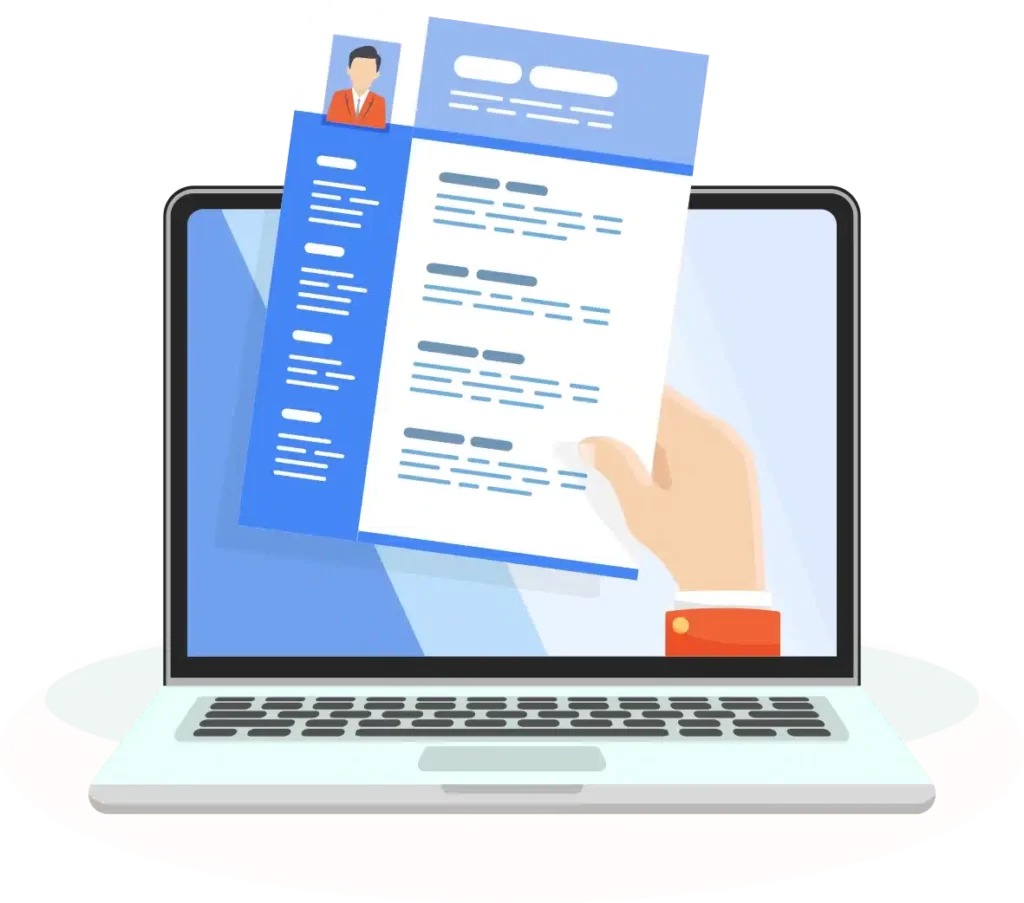Common Mistakes When Applying for Jobs in the Netherlands
When you are applying for a job in a foreign country, understanding local customs and business etiquette is critical. The Netherlands, known for its vibrant job market and diverse opportunities, attracts many international job seekers. However, the job application process in the Netherlands comes with its unique set of challenges. In this article, we will explore some of the most common mistakes applicants make when seeking employment in the Netherlands and provide you with insights and recommendations to navigate this competitive landscape.
Understanding the Dutch Job Market
Before diving into the common mistakes job seekers make, it’s essential to grasp the basics of the Dutch job market. The Netherlands is home to a robust economy with strong sectors such as technology, finance, logistics, and healthcare. However, there are specific expectations and norms that prospective employees must follow. Understanding these will prepare you for a successful job application.
The Value of Dutch Work Culture
The Dutch workplace is characterized by directness, openness, and teamwork. Employers in the Netherlands appreciate clear communication and straightforwardness. Thus, when applying for a job, your ability to express yourself concisely and honestly can significantly impact your chances. Moreover, many companies prioritize a good work-life balance and cultural fit over extensive qualifications.
Common Qualifications and Language Skills
While many companies operate in English, particularly in international environments, knowledge of the Dutch language can be a significant advantage. It demonstrates your commitment to integrating into the local culture and your willingness to communicate with colleagues and clients effectively.
Common Mistakes in Job Applications
Understanding the common pitfalls can help candidates avoid missteps in their job applications. Below are some prevalent mistakes that applicants make when seeking employment in the Netherlands.
1. Undervaluing the Importance of a Tailored CV
One of the most common mistakes candidates make is submitting a generic CV. In a competitive market, it is crucial to tailor your CV for each specific position.
Why Customization Matters
A tailored CV shows potential employers that you have taken the time to understand the job description and how your skills align with the role. Highlight experiences and accomplishments relevant to the position you are applying for.
Example: If applying for a marketing position, emphasize your achievements in campaigns, customer engagement strategies, or any specific marketing technologies you have worked with.
Tips for Tailoring Your CV
- Read the job description carefully: Identify key skills or experiences requested by the employer.
- Use relevant keywords: Incorporate these keywords into your CV to pass through automated filtering systems.
- Focus on accomplishments: Instead of listing responsibilities, highlight achievements that showcase your impact on previous roles.
2. Poorly Structured Cover Letters
Another common mistake is writing a poorly structured cover letter. Your cover letter should complement your CV rather than repeat it.
What Makes a Great Cover Letter?
- Professional Salutation: Always address your cover letter to the hiring manager by name, if possible.
- Engaging Introduction: Capture their interest by clearly stating the position you are applying for and why you are a great fit.
Example: “I am thrilled to apply for the Marketing Specialist position at [Company Name]. With over five years of experience in executing successful digital marketing campaigns, I am confident in my ability to contribute effectively to your team.”
- Specific Examples: Use the body of your cover letter to showcase experiences that relate directly to the job requirements.
- Conclusion with Enthusiasm: End by thanking the reader for considering your application and expressing your eagerness for an interview.
3. Ignoring the Importance of Networking
Networking is a critical aspect of job searching that many international applicants overlook. The Dutch often rely on their personal networks to find talent.
Building a Professional Network
- Leverage LinkedIn: Update your LinkedIn profile to reflect your skills and experiences. Join relevant groups to connect with industry professionals.
- Attend Networking Events: Engage in both virtual and in-person networking events to expand your contacts.
- Connect with Alumni: Reach out to alumni from your educational institutions who are working in the Netherlands for advice and insights.
4. Failing to Prepare for Interviews
In the Netherlands, interviews may differ from those in your home country, and failing to prepare adequately can hinder your success.
What to Expect in Dutch Interviews
- Behavioral Questions: Be ready to answer questions about your past experiences, focusing on how you tackled challenges and achieved results.
- Cultural Fit Assessment: Employers may also evaluate your cultural fit. Research the company culture and be prepared to discuss why you believe you fit within it.
- Direct Feedback: Be ready for direct feedback during your interviews, as this is common in Dutch work culture. Don’t take it personally; instead, view it as an opportunity for growth.
Preparation Tips
- Conduct mock interviews with friends or mentors.
- Research the company thoroughly, including its values, mission, and recent news.
- Prepare questions to ask at the end of the interview to demonstrate your interest in the position and the company.
5. Not Following Up
After an interview, many candidates fail to follow up, missing out on an opportunity to express gratitude and reiterate their interest in the position.
The Importance of a Follow-Up Email
Sending a brief follow-up email within 24 hours shows your professionalism and enthusiasm for the role.
Example Follow-Up Email:
Subject: Thank You for the Opportunity
Dear [Interviewer’s Name],
Thank you for taking the time to interview me for the [Job Title] position at [Company Name]. I enjoyed our conversation, particularly about [specific topic discussed]. I am very excited about the possibility of joining your team and contributing to [specific goal or project].
Please feel free to reach out if you need any more information from my side.
Best regards,
[Your Name]Recommendations for a Successful Job Application
While the mentioned mistakes can hinder your application process, keeping a few recommendations in mind can enhance your chances of success.
1. Keep Your Online Presence Professional
Ensure that your social media profiles, especially LinkedIn, present you in a professional light. It’s common for employers to look up candidates online, and a polished profile can reflect positively on you.
2. Seek Feedback on Your Applications
Don’t hesitate to ask someone to review your CV and cover letter before submitting them. Constructive feedback can help you spot mistakes and enhance the quality of your application.
3. Utilize Supportive Resources
Numerous resources can assist you in crafting effective job applications. For example, we have an incredibly effective CV template based on the Harvard CV model. This template includes guidelines and recommendations for writing your CV that will enhance clarity and impact. You can find it here: Download the Perfect CV According to Harvard CV.
Conclusion
Applying for jobs in the Netherlands can be a rewarding yet challenging process. By avoiding common mistakes such as submitting generic applications or failing to prepare for interviews, and by leveraging networking opportunities, you can improve your chances of landing the perfect position. Remember to craft tailored CVs and cover letters, prepare adequately for interviews, and utilize all available resources to enhance your application.
With these insights in hand, you're now better equipped to navigate the Dutch job market confidently and successfully. Good luck!





